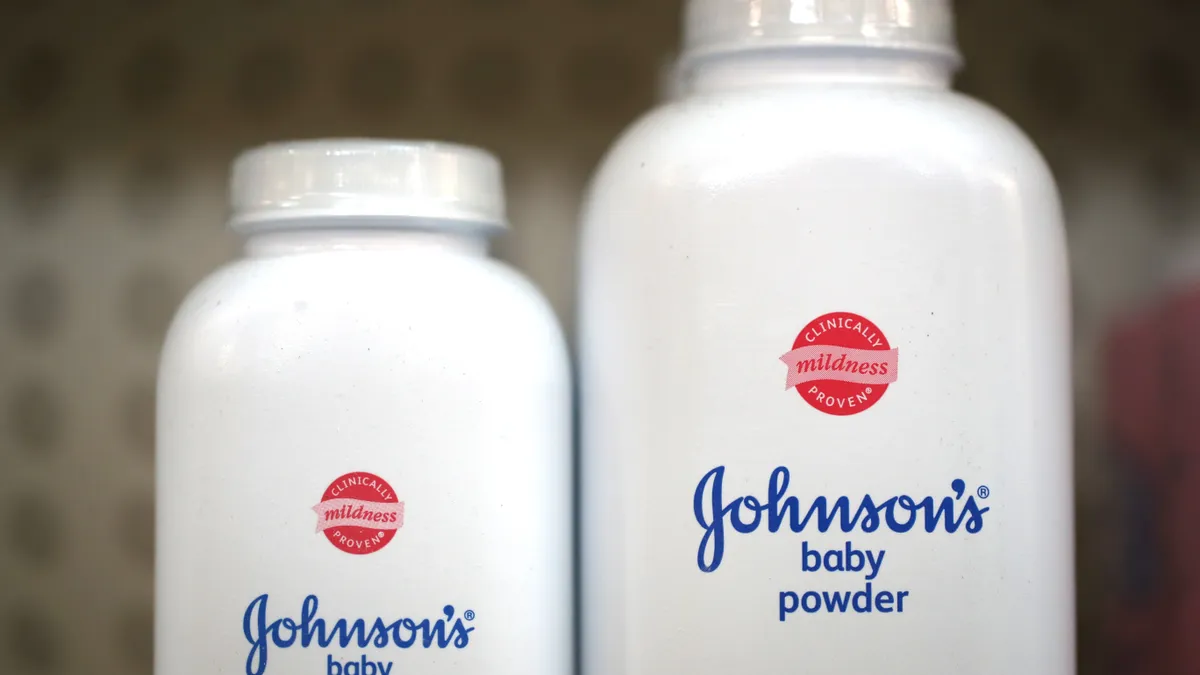Dive Brief:
- A rule change is needed to require better vetting of plaintiffs in multidistrict litigation (MDL) proceedings, some of the largest companies in the United States say in a letter to the administrative body that oversees federal court procedures.
- Too many plaintiffs that will eventually get weeded out of a mass tort case because they had no exposure to the product at issue or didn’t have an injury within the scope of the claim are too often kept in MDLs during the pre-trial portion of the proceedings, slowing down the process, the companies say.
- “It is a well-known hallmark of mass-tort MDLs that high volumes of such unexamined and unsupportable claims are allowed to be ‘parked’ for extended periods of time,” said the letter from the top legal officers of Johnson & Jonson, 3M and Altria Group, among more than 30 companies.
Dive Insight:
Individual lawsuits that are too different from one another to be folded into a class action lawsuit get consolidated into an MDL at the pre-trial level before being sent to different courts for further proceedings.
In addition to cases in which the plaintiff didn’t have exposure to a product or didn’t suffer an injury within the scope of the claim, many cases are eventually weeded out because the statute of limitations had run out before the suit was filed.
To reduce the number of unqualified lawsuits clogging the process, the letter recommends procedural changes so judges can require plaintiffs’ counsel to demonstrate they’ve conducted basic due diligence into their clients’ claims early on.
The goal is to “more efficiently and fairly resolve MDL litigation for claimants with meritorious claims,” 3M executive vice president and chief legal affairs officer Kevin Rhodes said in a statement reported by Reuters.
For years 3M has been facing mass tort claims involving more than 230,000 military service members and veterans alleging the company knowingly provided them defective combat earplugs.
Johnson & Johnson has been facing its own mass tort claims involving almost 40,000 plaintiffs alleging its talc powder has contributed to a rise in ovarian cancer and mesothelioma.
Rule-change concerns
In the effort to speed up the process, many plaintiffs could be hurt, a plaintiffs’ attorney says.
The policy could end up creating a "rather significant level of proof just to have the right to file,” Ben Whiting, a partner at Keller Postman, said in the Reuters report.
The letter was sent to the Administrative Office of the United States Courts, which oversees the rules governing procedures for the federal judiciary. An MDL subcommittee is looking at writing a new rule on early management decisions in MDLs.
“Such a rule is sorely needed,” the legal chiefs’ letter said.











